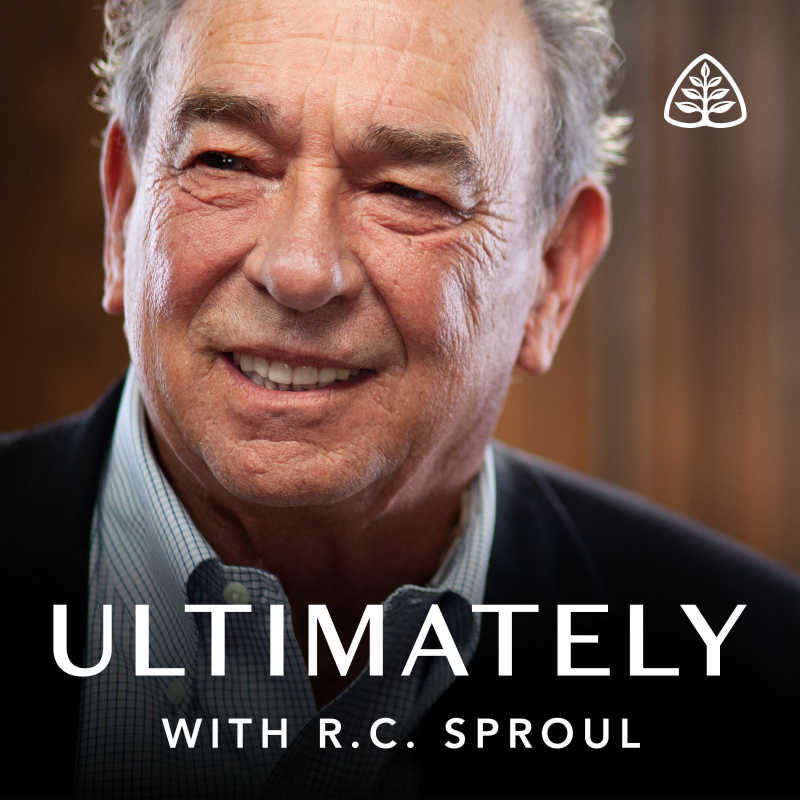An Early Witness

Mary and her relative Elizabeth were both pregnant at the same time. Why did the child leap for joy in Elizabeth’s womb when Mary came to visit? Today, R.C. Sproul explains how John the Baptist bore witness to Christ even before he was born.
Transcript
Elizabeth is saying, “And how has it happened to me that the mother of my Lord should come to me?” It reflects a prior understanding of Elizabeth of the significance of this child that Mary is carrying: “How is it possible that the mother of my Lord?” Notice the respect that the elder woman gives the younger woman, which is unusual that Elizabeth sort of subordinates herself to Mary, calling herself privileged that she could be in the presence of Mary, Mary being exalted because of her role as being the mother of the Lord.
“For behold, when the sound of your greeting reached my ears, the baby leaped in my womb for joy” (Luke 1:44). Women who have carried children know the experience of quickening and what it means to have a child kick them and move. And I guess there’s no way a man can understand the phenomenon of a child with quickening movements during pregnancy.
I can remember when Vesta was pregnant. After six weeks, we looked at the pictures of how big the fetus would be now, then after eight weeks what was developing, and after nine weeks, and after ten weeks, you know. You go through all that business with the first child. And then the thing that you’re really looking forward to first is quickening, where there’s the first feeling of life. But after a couple of more months, when the baby really becomes active and starts kicking and bulging out the side of the abdomen and all the rest, and I can remember Vesta say, “Here, give me your hand,” and she’d put my hand on her side, and boom, she would kick, and I’d feel it. That was the closest I got to experiencing, humanly speaking, what a woman experiences, I guess, with every pregnancy. Well, what I’m getting at is a child’s kicking within the womb is not all that extraordinary.
Now, by what poetic license would Elizabeth interpret this particular kick or this particular movement as being an indication of the baby leaping for joy? I mean, if I went into the room and my wife was carrying a baby and the baby kicks her all of a sudden and she says, “Oh, the baby’s leaping for joy,” I would say, “Mm-hmm.” That’s very nice and tender and sentimental, but I would have no reason to really expect that that was in fact the case.
But what reason do we have to consider that Elizabeth’s interpretation of that seemingly insignificant act was a correct one? She’s speaking in the fullness of the Holy Spirit. The interpretation of that act is by the Spirit. So, I think we can say with assurance that, in fact, John the Baptist began his witness-bearing to Christ before he was even born.

